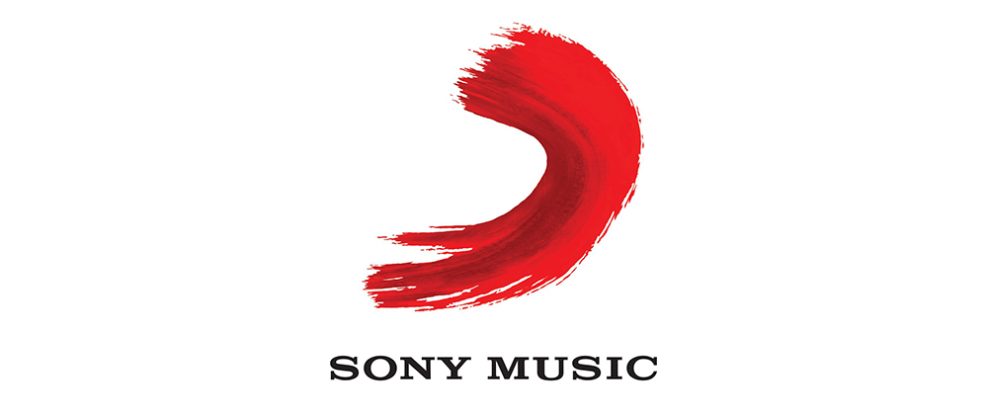(Hypebot) — Sony Music makes its first big move against AI to protect artists, regulate generative programs, and, of course, protect its own bottom line.
by Bobby Owsinski of Music 3.0
AI has taken the music world by storm, for better or worse, and even though record labels like the idea of virtual artists that they don’t have to pay, they’re not crazy about AI music companies using their song catalogs to train on. Sony Music has made a move that some thought was inevitable by sending a formal letter to over 700 Ai companies stating that it was “opting out” of any training that used its music.
The letter “expressly prohibits and opts out of any text or data mining, web scraping or similar reproductions, extractions or uses” of Sony content including “musical compositions, lyrics, audio recordings, audiovisual recordings, artwork, images, data etc” used for “training, developing or commercializing any AI system”.
Training Is Not What You Think
It’s a little late as the cow is already out of the barn as many of these systems are already trained, but the copyright and training situation is so unique that no one is sure what will happen now.
For one thing, how would Sony (or any music company for that matter) know if their songs were actually used for Ai training? Training material isn’t usually cataloged and there’s no way to really tell for sure if any particular material was used.
The other argument is that training an Ai is very much like a human learning to play music. As you learn, you copy your influencers and since you’re copying a lot of them, what you create is somewhat unique. Sure, you can intentionally try to imitate a copyrighted song, and that may get you into legal trouble, but that’s not an issue in the course of learning music for a human being. Ai companies argue that their models learn the same way and have guardrails against producing a song that sounds exactly like Ed Sheeran or Billie Eilish so the training material used is not an issue.
There Are Other Copyright Issues
Now where many companies go wrong is in the process of granting access and use to the material generated, but that’s not something that Sony has an issue with, at least in the letter it presented. For instance, a 100% Ai-generated song cannot be copyrighted, yet some companies say they will grant you the copyright if you pay them enough. The problem is, it’s not theirs to grant in the first place. Guaranteed there will be a legal reckoning with this sooner or later.
Then there’s the point where a record label may not even have the right to ask an Ai company for a license for the material since it wasn’t negotiated with the artist and songwriters in the first place. You can read more about that here, as well as see the letter that Sony sent.
New Laws Are Needed
So the bottom line is that when it comes to Ai music copyright, we’re still in uncharted territory and there’s still a lot of work to be done. Both sides would like Congress to pass laws in their favor, but that’s not a priority for the members at the moment due to the upcoming election.
What the U.S. really needs is a whole new copyright law that’s appropriate for the connected world that we live in. The last time it was updated was in 1998, and that was even before the web took off, so it’s way out of date.
Don’t hold your breath on that either, since this is a complicated subject with a lot of gray areas. We’ll see a lot more worked out in courtrooms around the country before new copyright law happens.
Bobby Owsinski is a producer/engineer, author, blogger, podcaster, and coach. He has authored 24 books on music production, music, the music business, music AI, and social media.





























